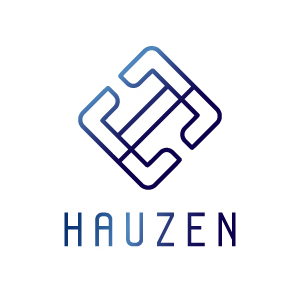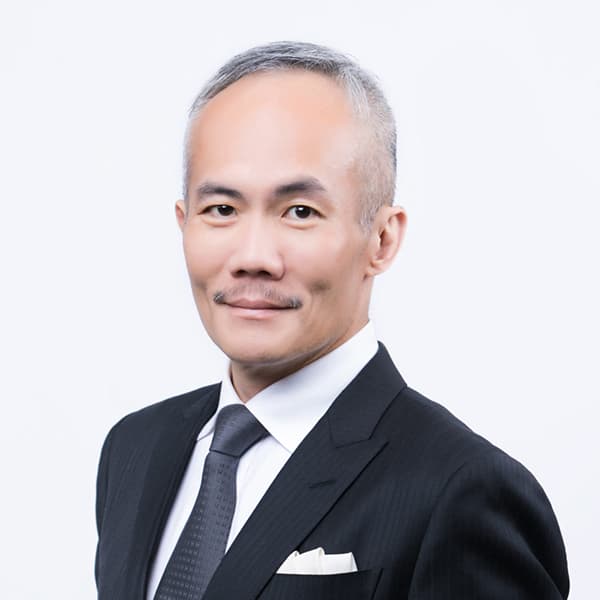Hong Kong Takes A Step Closer To Enabling Stablecoins.
Introduction
The Hong Kong Monetary Authority (“HKMA”), in collaboration with the Financial Services and the Treasury Bureau (“FSTB”), released a public consultation paper on 27 December 2023 outlining a legislative proposal for the regulation of stablecoin issuers in Hong Kong.
After completing a two month-long public consultation in February 2024, the HKMA and FSTB finally issued their joint consultation conclusions on 17 July 2024.
Background
Stablecoins are a type of virtual asset that attempt to maintain a stable value by pegging themselves to one or more underlying assets. The underlying assets typically are fiat currencies like the US Dollar or Hong Kong Dollar. The HKMA calls these fiat-referenced stablecoin, or “FRS”.
Stablecoins are typically built on or enabled by distributed ledger technology, such as blockchain technology, with the claim of providing secure and transparent transactions. Unlike other cryptocurrencies, FRS strive to minimize price volatility, rendering them potentially suitable for everyday transactions.
The volatility of traditional cryptocurrencies has been a significant hindrance to their mainstream adoption. Extreme price fluctuation makes it challenging to determine fair trading prices, and create liquidity issues. An FRS offers a potential solution to these problems by providing a pegged value that remains relatively unaffected by cryptocurrency market volatility, although of course their value rises and falls with the asset (such as a fiat currency) that they are pegged to.
FRSs can serve as settlement assets for transactions on the blockchain, improving the efficiency and liquidity of on-chain transactions. FRSs are also frequently used as an instrument of payment for off-chain transactions – such as the purchase of goods and services.
Hong Kong’s Proposed Regulatory Framework for Stablecoin
Recognizing the growing importance of FRSs and the need for regulatory oversight, Hong Kong’s proposed regulatory framework requires FRS issuers to adhere to specific guidelines and standards. The key highlights of the new regime are:
- Licensing requirement: FRS issuers will be required to obtain a licence from the HKMA to operate in Hong Kong. To be eligible for the licence, the issuer must be locally incorporated with a management presence in Hong Kong. This aims to ensure proper management of potential monetary and financial stability risks.
- Regulatory requirements: FRS issuers will be subject to a comprehensive set of regulatory requirements, including redemption, proper reserves. financial resources, effective stabilisation mechanism with proper custody arrangement, disclosure, governance, risk management and AML/CFT measures. These measures are designed to protect consumers and maintain financial stability. In particular:
- To be licensed, a FRS issuer must (1) demonstrate full reserve backing, (2) have adequate, risk-based composition of high quality investments used as reserves, (3) implement segregation and safe custody of reserve assets (4) have adequate controls to monitor and manage risks, and (5) comply with the applicable disclosure and reporting requirements.
- A licensed FRS issuer will also need to carry out a risk assessment of its FRS arrangements on an annual basis at a minimum.
- FRS issuers will also be expected to comply with Hong Kong’s AML/CFT requirements, including undertaking transaction monitoring and ensuring compliance with the FATF’s Travel Rule.
- Supervisory oversight: The HKMA will closely supervise the licensed FRS issuers to ensure compliance with the regulatory requirements and monitor any potential risks to the broader financial system.
The proposed regime applies not only to Hong Kong-registered FRS issuers but also to overseas issuers if they issue a stablecoin referencing the Hong Kong dollar, or if they actively market their stablecoin to the public in Hong Kong.
Issuers of existing widely-used FRSs such as USDT and USDC may very well need to apply for a licence from the HKMA and adhere to the new regulatory requirements. In this regard, the HKMA has proposed a six-month non-contravention period for pre-existing FRS issuers that are conducting FRS issuance activities with substantial presence in Hong Kong prior to the commencement of the regime, provided they submit a licence application to the HKMA within the first three months of the commencement of the regulatory regime.
On the offering of FRSs, it is proposed that only licensed FRS issuers[1], authorized institutions[2], licensed corporations[3] and licensed VATPs can offer FRS in Hong Kong or actively market such offering to the public of Hong Kong. Authorized institutions, licensed corporations and licensed VATPs may offer FRS issued by entities not licensed by the HKMA only to professional investors[4], and must indicate clearly such FRS is not issued by a licensed FRS issuer.
The consultation process, which received 108 submissions from various stakeholders, revealed a strong consensus on the need for a regulatory regime. Vast majority of the respondents agreed that with the growing prevalence of virtual assets, appropriate guardrails were necessary to facilitate the sustainable and responsible development of the stablecoin ecosystem in Hong Kong.
The FSTB and the HKMA are now in the process of finalizing the legislative proposal, with the aim of introducing a bill to the Legislative Council as soon as possible. The HKMA also published the list of participants for the stablecoin issuer sandbox shortly after the announcement of the conclusion. There are currently three participants in the sandbox program: (i) JINGDONG Coinlink Technology Hong Kong Limited; (ii) RD InnoTech Limited; and (iii) Standard Chartered Bank (Hong Kong) Limited, Animoca Brands Limited and Hong Kong Telecommunications (HKT) Limited.
The sandbox program enables participants to test their stablecoin projects on a limited scale, allowing the HKMA to assess their suitability. As part of the sandbox requirements, participants are not permitted to handle funds from the public during the initial stage. They are also prohibited from soliciting funding from the public or offering any products associated with the sandbox program.
Conclusions
To date, the principal regulator of the cryptocurrency markets in Hong Kong has been its securities regulator, the Securities and Futures Commission (or SFC). The banking and currency markets are however regulated by the HKMA, which acts as Hong Kong’s de facto central bank.
The proposed regulation of stablecoins by the HKMA is in a recognition of the currency-like attributes of stablecoins, and also possibly a welcome indication that stablecoins fall under the currency regulation regime and not the securities regulatory regime.
Hong Kong’s move to regulate stablecoins underscores the city’s commitment to fostering innovation in the financial technology sector while ensuring appropriate safeguards are in place to protect consumers and maintain financial stability. The proposed framework positions Hong Kong as a leading jurisdiction for stablecoin issuance and is likely to attract stablecoin issuers seeking a reputable onshore location for their operations.
Watch this space as Hong Kong continues rapidly to develop its leading position as a global financial centre for cryptocurrency, fintech and Web3.
Contact us today to find out more about cryptocurrency regulation and our cryptocurrency expertise.

________________
[1] A licensed FRS issuer may only offer FRS that it issues.
[2] An authorized institution means a licensed bank, a restricted licence bank or a deposit-taking company under the Banking Ordinance (Cap. 155).
[3] A licensed corporation means a corporation (that is not an authorized institution) which is granted a licence to carry on one or more regulated activities under sections 116 and 117 of the SFO. When offering FRS, licensed corporations must hold a licence for Type 1 regulated activity (dealing in securities) and be permitted by the SFC to carry out dealing in virtual assets.
[4] “Professional investor” is defined in Part 1 of Schedule 1 to the SFO.






